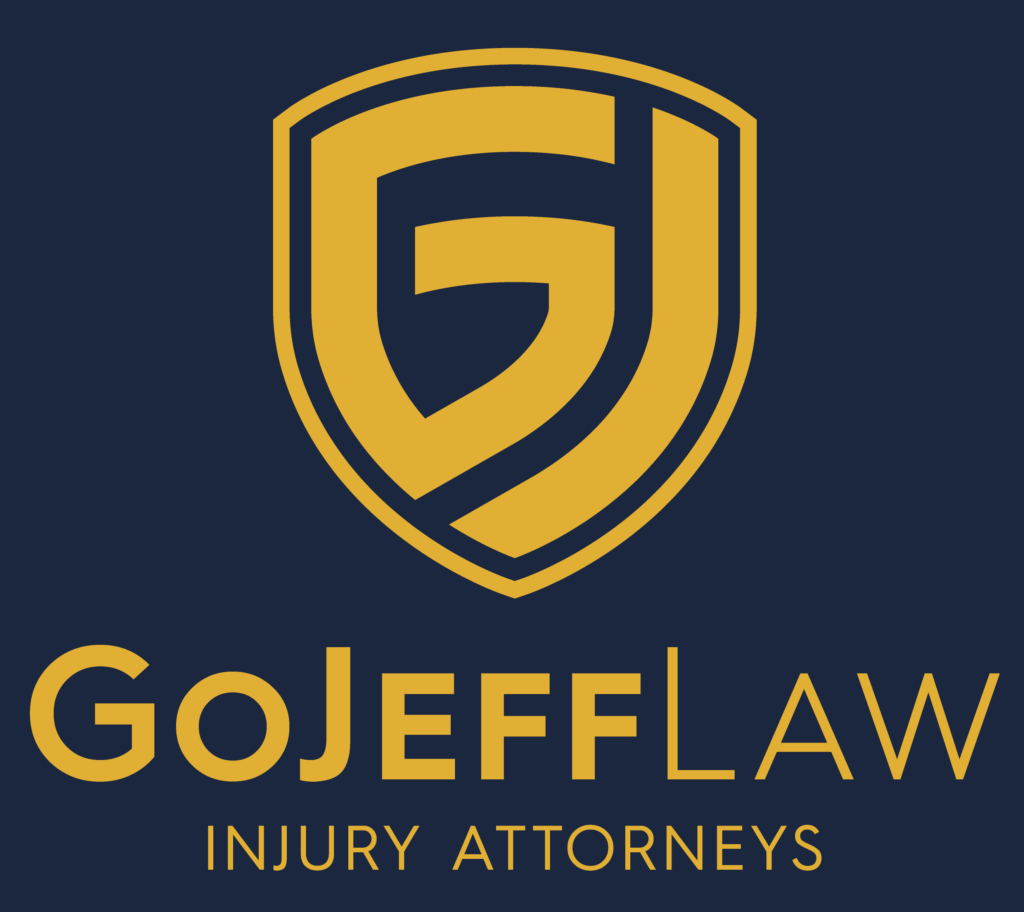Getting an expungement can be one of the most rewarding parts of a criminal case. After you have completed your probation on a misdemeanor or felony case, you may be eligible for an expungement. Hiring an experienced Beverly Hills expungement lawyer is important to maximizing your chances of having your misdemeanor or felony charges dismissed.
Below, we will discuss the qualifications for obtaining an expungement and the significance of having an expungement granted. Call Gould & Jefferson of Beverly Hills now at (310) 899-9529 to receive a free consultation as well as free research on your behalf to determine whether you are eligible for an expungement.
How Do I Expunge My Record in California?
In order to qualify for an expungement under Penal Code Section 1203.4, you must successfully complete all requirements of probation. That typically means completing any of the following:
- Community service
- Community labor
- Jail time
- Paying your mandatory fines and fees to the court

Once you have completed these requirements and your probation is over, you are eligible for an expungement. Expungements are not automatically granted, which is why it is important to hire an experienced Beverly Hills expungement attorney who can maximize your chances. If you have done prison time, you are not eligible for an expungement, but you can still be eligible for a Certificate of Rehabilitation.
Avenues for Getting Your Expungement Granted in Beverly Hills
The two main ways to get an expungement granted are through an agreement with the prosecutor or through the judge. If you have a seasoned Los Angeles County expungement lawyer who has a positive relationship with the prosecutor, it can make all the difference in the world. Even if that avenue fails, the attorneys at Gould & Jefferson of Beverly Hills can zealously advocate to the judge to ensure your criminal record is expunged.
What Does It Mean When My Case Is Expunged in Los Angeles County?
Assuming your expungement is granted — congratulations! This is a great result that clears an individual’s criminal record for purposes of employment. If this is the only misdemeanor or felony on your record, you can now truthfully answer that you have never been convicted of a misdemeanor or a felony.
Unfortunately, expungements only clear you for purposes of private employment opportunities, so if you are applying for a state or government job, you must still report that you have been convicted of one of these crimes.
Can My Felony Charge Be Reduced to a Misdemeanor in California?
Before having your case dismissed via expungement, you should look into whether your felony is eligible for a misdemeanor reduction. This reduction can be even more valuable than the expungement itself because of the consequences a felony can have on your record.
You may be asking yourself, “If I get an expungement, why do I need to bother reducing the charges?” The truth is that an expungement does not completely clear your record. It removes most of the disabilities that come with a criminal conviction — but not all of them. Felony charges can be especially debilitating, which is why it is essential to reduce your charges to a misdemeanor when possible.
Can I Get an Expungement While on Probation?
Probation typically runs anywhere from a period of one to five years on any given case. If you have completed all of your requirements but your probation period has not yet finished, you can file a motion with the court for an Early Termination of Probation. This is achieved under Penal Code Section 1203.3, which requires a motion and oral argument to be made by an experienced team of expungement attorneys.
A motion for Early Termination of Probation, if granted, will then deem you eligible to expunge your case immediately thereafter.
If you are done with or almost done with your probationary requirements, contact Gould & Jefferson of Beverly Hills at (310) 899-9529 to expunge your criminal record and get a fresh start.
What If I Was Arrested But Never Charged?
If you were arrested but ultimately never charged, an expungement is not necessary. Expungements are only for after you are convicted of a crime. Your arrest record still remains, though. In other words, even if the prosecutor decided that you were innocent or that the case lacked sufficient evidence, you still have an arrest on your record that could have negative effects on your future.
While your arrest record cannot typically be used against you for purposes of employment, it can hurt you when applying for government jobs and in police interactions. If a police officer pulls you over or detains you, they can access your arrest information. Prosecutors also have access to your arrest information by way of your “rap sheet.”
Motion for Factual Innocence to Seal and Destroy Arrest Record
Oftentimes, attorneys will opine that because your case was rejected, there is nothing left to do on your case. The reality is that a dedicated team of expungement attorneys in Los Angeles County can help you file a Motion for Factual Innocence under Penal Code Section 851.8 in California. The motion is an extremely difficult motion to beat, which is why it is important to hire someone with expertise in this particular field.
The first step is to petition the arresting law enforcement agency. Keep in mind that there is a general two-year statute of limitations, but there are ways around this time limit. Once the petition is sent to the arresting agency, you must wait 60 days for a response. If no response is given, a formal motion can be filed with the court that would have had jurisdiction over the matter.
What Is the Burden of Proof?
In criminal matters, the burden of proof is on the prosecutor to prove their case “beyond a reasonable doubt.” Here, however, the burden of proof rests on the petitioner (the arrested individual) to show that there is no reasonable cause to believe that the petitioner committed the crime that he or she was arrested for.
To prove this, the petitioner may be required to testify, and witnesses may be called upon to help bolster the petitioner’s position. The prosecutor can bring in evidence to rebut your position, such as police reports and officer testimony.
The petitioner may not have to go through this difficult process if you hire a group of fierce expungement lawyers in Beverly Hills. Oftentimes, attorneys can strike a deal with the prosecutor to ensure that they agree not to oppose the motion. If the motion goes unopposed, the judge will likely grant the motion without the need for an evidentiary hearing. If the prosecutor does oppose, however, then a hearing is necessary.
What Happens When My Motion Is Granted?

If the motion is granted, the arrest record will first be sealed for a period of three years. After the three years passes, the record will be destroyed. This is why the motion is also known as a “Seal and Destroy.” The petitioner will then be legally allowed to answer that he or she has not been arrested.
Hire a Los Angeles County Expungement Attorney
Our attorneys at Gould & Jefferson of Beverly Hills have the experience required to deal with the difficulties surrounding a Factual Innocence Motion to Seal and Destroy your arrest record. Call our Beverly Hills expungement lawyers today for a FREE consultation at (310) 899-9529 so we can get started for you right away.
Los Angeles criminal defense lawyers Nathan H. Soleimani and Ryan Naim have the experience you need to fight your case. We are located at 8383 Wilshire Blvd., Suite 1038, Beverly Hills, CA 90211.

